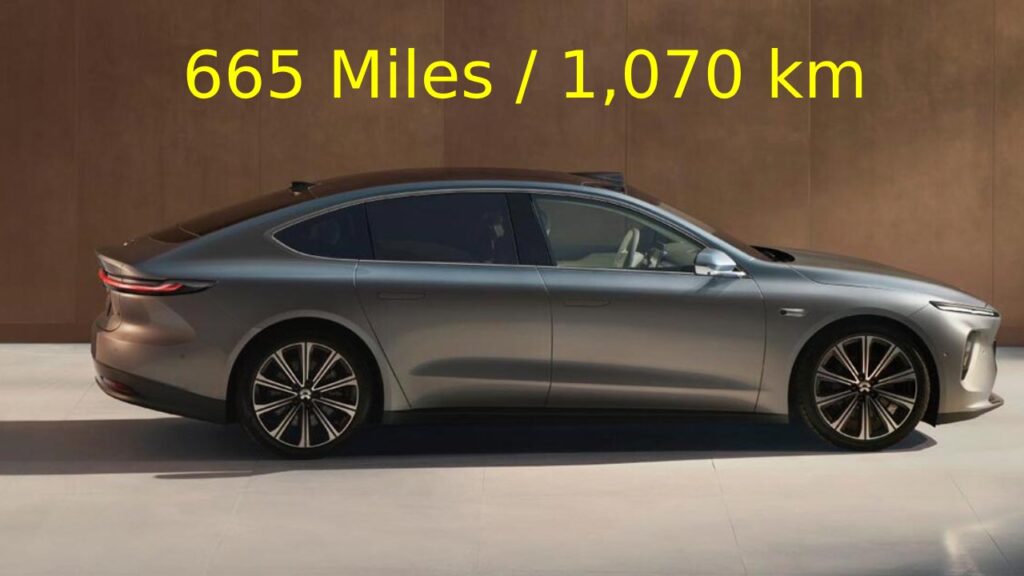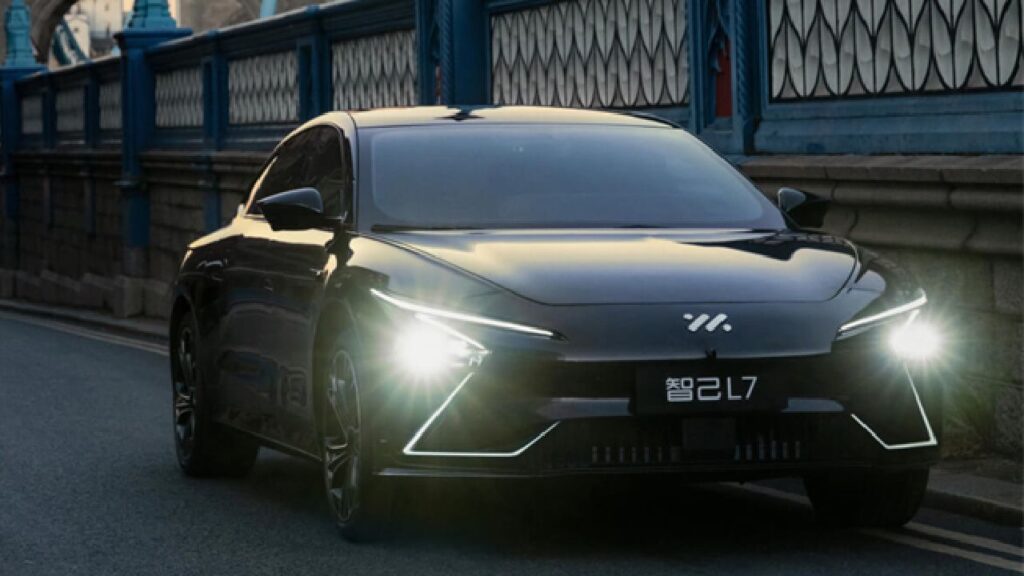There are some established, as well as new auto companies, that are focusing their resources on developing solid-state batteries.
I have compiled a list of the top 5 most prominent auto giants/conglomerates that are developing solid-state batteries for their EVs. Many car manufacturers have either set up connections with other conglomerates or battery companies or are developing new tech in-house.
The route toward the future of electric mobility seems to go through solid-state battery technology. While there are dozens of new tech in the works in many parts of the world, solid-state batteries seem to be emerging as the most feasible and widely acceptable solution, at least in the immediate future.
You might also like: CATL Unveils World’s First LFP Battery With a 1,000-km Range
Top 5 Companies Developing Solid-State Batteries For EVs
Toyota
It is a well-known fact in the automobile industry that Toyota is the least bullish on complete electrification among all legacy carmakers in the world. Interestingly, it was among the first vehicle manufacturers to adopt a hybrid powertrain over 2 decades ago. It still believes in the power of hybrid cars, as well as hydrogen. Hence, it is not working aggressively toward stuffing its portfolios with pure EVs.
But that is not to say that it has no plans of ever going in full throttle on EVs. It is developing a solid-state battery and has even released a timeline of when it plans to come out with it. It has joined hands with the petroleum giant, Idemitsu Kosan. The two players are set to unveil their first solid-state battery by 2026-27. The final aim is to create a battery with a 1,200 km (746 mi.) range.

Nissan
Next up, we have yet another Japanese auto giant on this list. Nissan has been investing heavily in its All-Solid-State Battery (ASSB) technology. The unique aspect about Nissan’s solid-state batteries is its approach to eliminate the need for cooling. While the existing EV batteries rely on air or liquid cooling methods, Nissan believes that solid-state cells can withstand higher temperatures without compromising safety or performance. It will collaborate with NASA and UC San Diego, incorporating AI techniques to address issues like lithium dendrite growth, ensuring the safety and durability of the solid-state cells.

You might also like: StoreDot and Polestar Achieve 10-Minute Charging w/ Si-Dominant Cells
Stellantis
Now I understand that Nissan is also a part of Stellantis, but I am considering it separately since the conglomerate had announced a crucial partnership by investing in Factorial Energy which is headquartered in the U.S. in 2022. At the time, Stellantis CEO Carlos Tavares said, “Stellantis is full-speed ahead on its electrification transformation with 33 electrified models available right now, and eight battery electric vehicles coming in the next 18 months.”
Factorial Energy CEO Siyu Huang commented, “We continue to move aggressively towards our goal of delivering automotive-scale, solid-state battery technology to our customers.” Last month, Factorial signed an MoU with LG Chem for the development of solid-state battery technology.

BYD and Nio with CATL
It is nigh impossible to talk EVs without mentioning Chinese carmakers. We know that the Chinese automobile market drives the trajectory of the overall global auto industry. This is particularly true with electric cars. BYD is among the biggest EV makers on the planet. In fact, in the last quarter of last year, it even overtook Tesla as the highest-selling EV company on the planet.
Nio is a Chinese luxury auto giant which offers incredibly tech-savvy vehicles to rival the premium carmakers from the West. Both these Chinese giants are working in tandem with CATL, the world’s largest EV battery company, to develop futuristic batteries. In February this year, CATL, BYD, Nio, CALB and some others announced a consortium to build a supply chain for solid-state batteries for their EVs by 2030.

SAIC
Finally, we have the Chinese conglomerate, SAIC, completing this list of top companies developing solid-state batteries for their EVs. It is one of China’s four largest carmakers. It owns SAIC Maxum, SAIC Volkswagen, MG, Baojun and Wuling. SAIC will introduce its first EV with a semi-solid-state battery, the IM L7, in October this year. The mass production of solid-state batteries for its EVs will commence from 2026 onwards.
Interestingly, SAIC is not just working on solid-state batteries but on a full-stack technology solution for intelligent vehicles and a new platform with Audi for the Chinese market. Hence, it is one of those conglomerates which is quite close to introducing this tech to its upcoming mass-production electric cars.

You might also like: Mazda and Panasonic To Work On Cylindrical Cells For EV Batteries
Learn Electric Cars Says
As things stand at the moment, I believe solid-state batteries are slated to play an imperative role in shaping the future of electric mobility across the globe. This seems to be the case despite new battery tech emerging almost every other week. With the sheer level of R&D and partial applications already, these batteries satisfy most needs of modern EVs. These include things like affordability, reliability, safety, range, weight and more. I shall keep covering further developments in this space as more information surfaces.

Pingback: 'Weightless' Carbon Fiber Battery Can Be Exactly What EVs Need
Pingback: Hyundai Solid-State Battery Production Nears